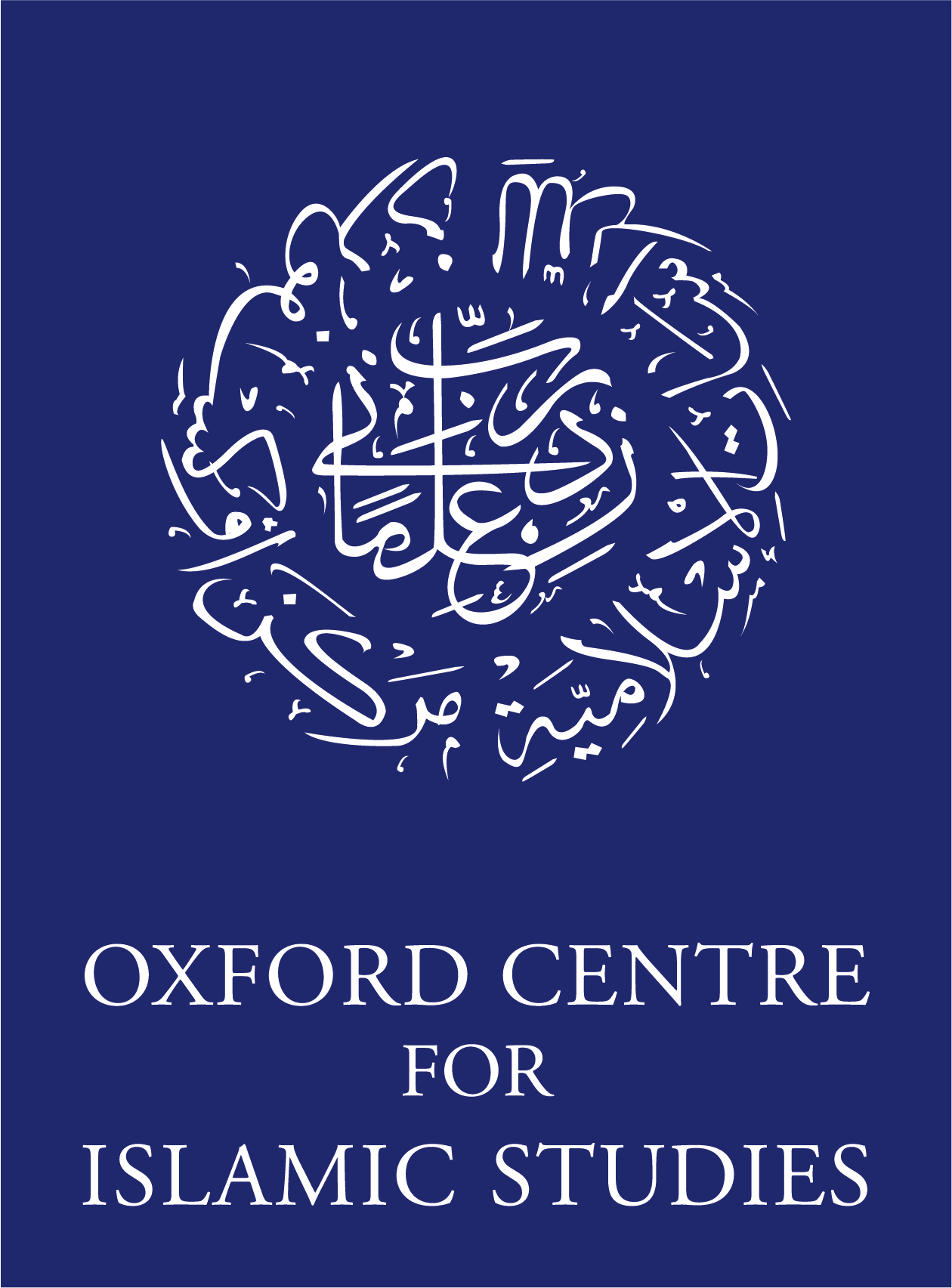The Mongol Empire and Islamisation
The Mongol empire of the 13th-14th centuries facilitated the transmission of goods and ideas across the vast expanses of Eurasia that it controlled. One of these was Islam, both as a religious and cultural system, and numerous studies have examined how the Mongols themselves in many parts of their empire embraced Islam. This seminar will take a different approach, examining the Mongol empire as a force for Islamisation, by strengthening Muslim institutions, creating an environment that was conducive to conversion, and laying the ground for the emergence of a vernacular literary language, Turkish, in which Islam was propagated. It will focus on the case of Anatolia, arguing that the period of Mongol rule represented a decisive phase in the Islamisation of the peninsula, to which key developments such as the emergence of a public discourse centred on jihad can be traced. It will thus attempt to move away from the traditional image of the Mongols as passive recipients of Islam, and of medieval Anatolia as a region characterised by a convivencia that was only destroyed by the emergence of the Ottoman Empire and seek to locate the experience of Anatolia in the broader context of the Mongol empire.
Andrew Peacock is Professor of Middle Eastern and Islamic History at the University of St Andrews. His publications include Early Seljuq History (2010), The Great Seljuk Empire (2015) and as editor, Islamisation: Comparative Perspectives from History (2017). His latest book, Islam, Literature and Society in Mongol Anatolia will be published by Cambridge University Press later in 2019.
